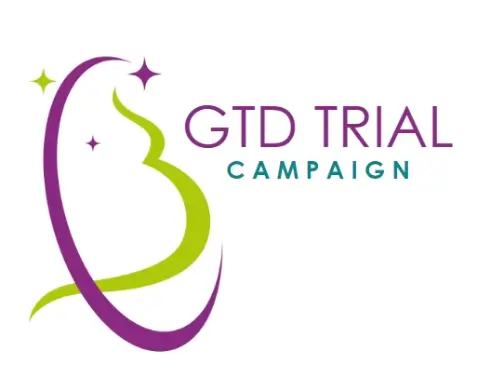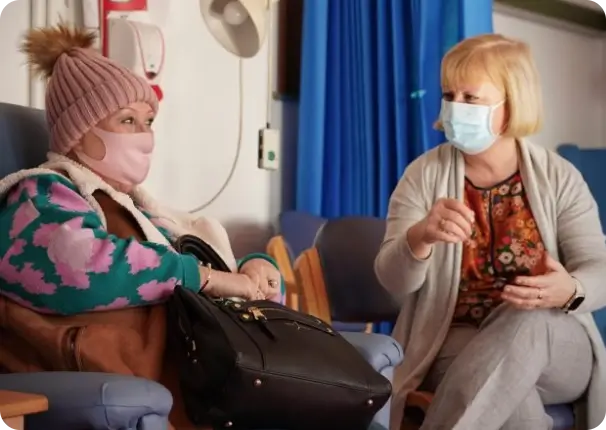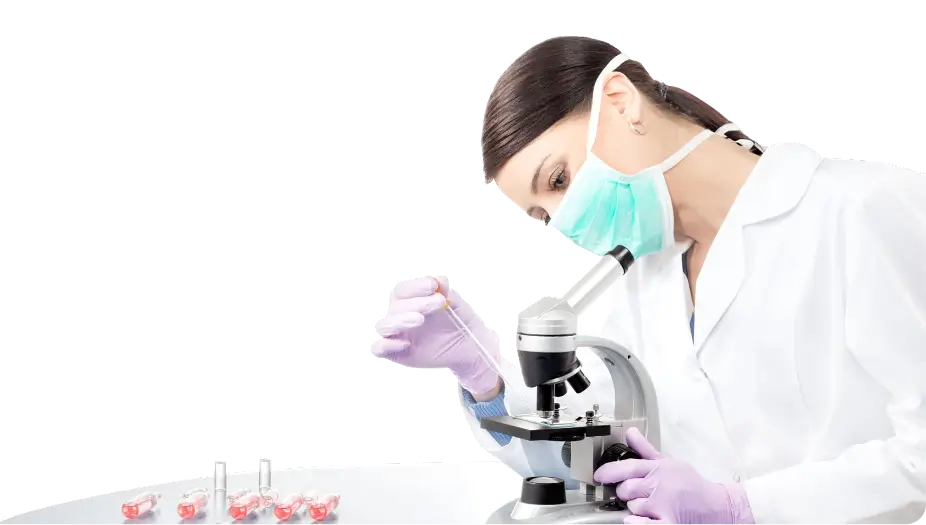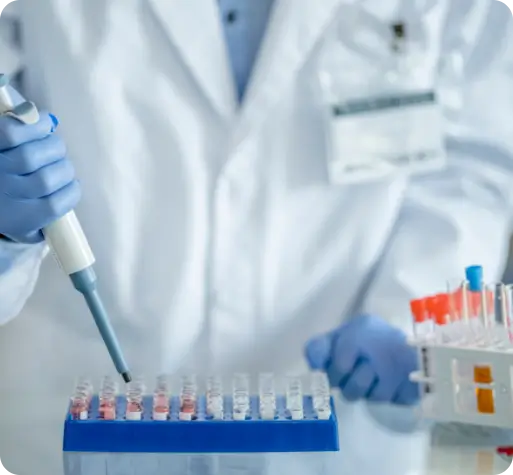Melody Ransome, a mum of two, was diagnosed with Gestational Trophoblastic Disease when she was 39 years old in September 2012. She had no idea pregnancy could lead to cancer.
Over the next three years Melody endured 13 rounds of chemotherapy, two stem cell transplants which nearly killed her, and major lung surgery at Charing Cross Hospital.
In April 2015 part-way through another chemotherapy cycle, Melody thought she wasn’t going to make it, but was given a lifeline to trial the immunotherapy drug Pembrolizumab which had not been used to treat cancer before. After three weeks of treatment, Melody started to feel better with no side effects and after further treatment over the next few months she was miraculously in remission.
“Every day I am grateful for my life and cherish my time with my children. This has been a challenging journey and one I could only have made because of Professor Seckl and the team at Charing Cross Hospital, to whom I am eternally grateful.”
Read more about her remarkable story here:











